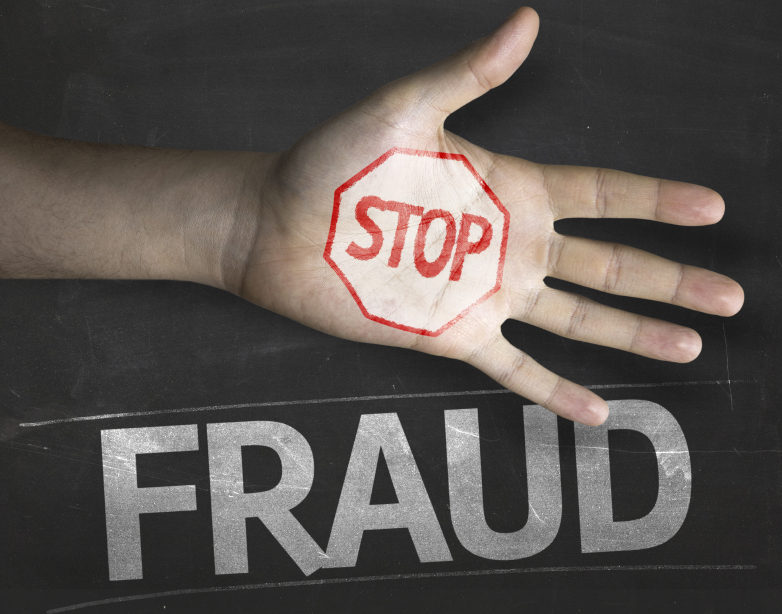AARP Hearing Center

By ELLEN MARKS
Albuquerque Journal
Shredding no-longer-needed documents is a key step in protecting yourself from identity theft. If you do your own destruction, the most effective tool is a cross-cut shredder, according to Consumer Reports. That’s because it slices papers both horizontally and vertically and cuts smaller pieces than the long, thin strips other shredders produce. (Strategic pieces of those strips can be pasted together by enterprising identity thieves.)
What to put through the grinder?
AARP advises shredding old records that have Social Security number, birth date, signature, account numbers, passwords or PIN numbers.
Get rid of unused checks or canceled checks that are not tax-related, deposit slips and ATM and credit card receipts, once you receive your monthly statements.
Those pesky pre-approved credit card forms that come in the mail? Destroy, along with incentive/gift checks the credit card companies send. Shred unneeded medical bills, investment account statements and obsolete ID cards, such as expired driver’s licenses, medical insurance cards and passports.
However, it’s recommended that you keep for up to one year pay stubs, bank statements and paid medical bills that are undisputed, the Federal Trade Commission says.
After seven years, you can safely shred tax-related receipts and canceled checks, W-2s and records that support tax deductions taken.
Permanently keep important life documents like birth certificates, Social Security cards, marriage or divorce decrees, citizenship and adoption papers, death certificates and tax returns, the FTC says. However, these must be stored in a locked and secure place so there’s no danger of thievery.
Those who live in the Santa Fe or Las Cruces areas can get help next weekend during “Shred Fest 2016,” where documents will be safely destroyed for free.
In Santa Fe, AARP New Mexico is partnering with Del Norte Credit Union to provide the service at the southside credit union office, 3286 Cerrillos, from 2 p.m. to 4 p.m. Saturday or until the service trucks reach capacity. AARP is offering the Las Cruces shredathon at Wal-Mart, 571 Walton Blvd., from 10 a.m. to noon Saturday, unless the trucks become full earlier.
I’ve gotten a few questions from people wondering what to do when they suspect someone is trying to scam them.
The best approach is the easiest: don’t respond at all. Ignore any suspicious emails, letters and pop-ups boxes, says the Fraud Avengers website, which is operated by a non-profit corporation of financial fraud prevention professionals. If you have caller ID and don’t recognize the number, don’t answer. The caller will leave a message if it’s someone legitimate. If you do answer, and it’s a scammer, hang up.
“Resist the temptation to try to outsmart the perpetrator,” Fraud Avengers says. “Remember: you can’t con a con.”
If you’re buying a home or even thinking about it, the National Association of Realtors and the federal government are warning of an email and money-wiring scam.
Hackers have been breaking into email accounts, both those of the consumer and the real estate representative, in hopes of getting information about upcoming transactions, says an alert from the association and the Federal Trade Commission.
Here’s how it works: After figuring out the closing dates, the scammer sends an email to the buyer, pretending to be the real estate agent or the title company. The email says there’s been a last-minute change to the wiring instructions, and tells the buyer to wire closing costs to a different account.
This account belongs to the hacker. Those who follow the directions, are seeing their bank accounts cleared out soon after, the alert says.
A reminder: Don’t send financial information in an email because it’s not secure. If you’re providing such information online, be sure the site is secure. Look for a URL that begins with https (the “s” stands for secure).
Also, be cautious about opening attachments and downloading files from emails, regardless of who sent them. Thy can contain malware.
Ellen Marks is assistant business editor at the Albuquerque Journal. Contact her at emarks@ abqjournal.com or 505-823-3842. This column ran in the Albuquerque Journal on Sunday, April 24th.































































